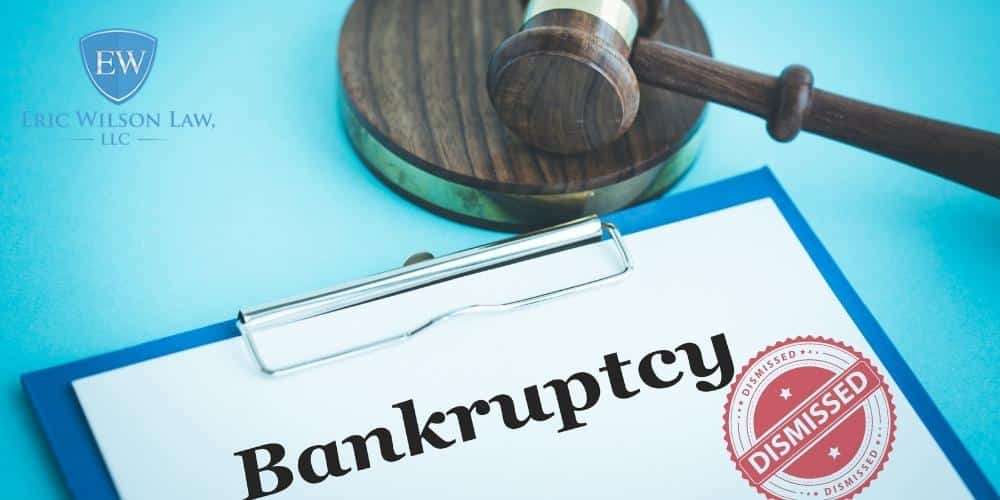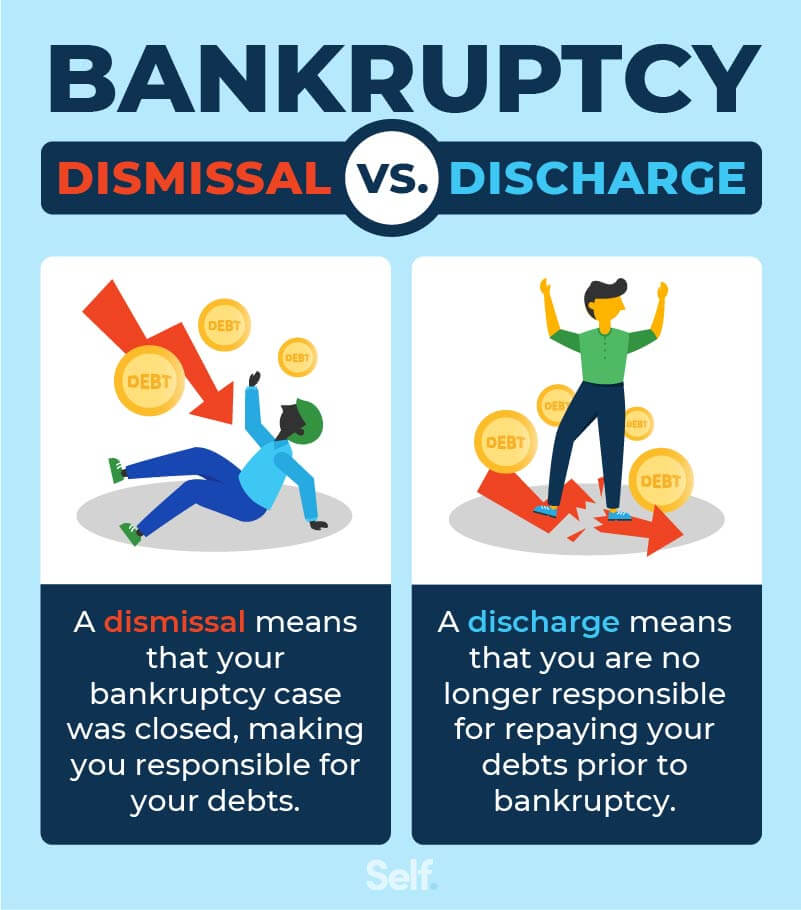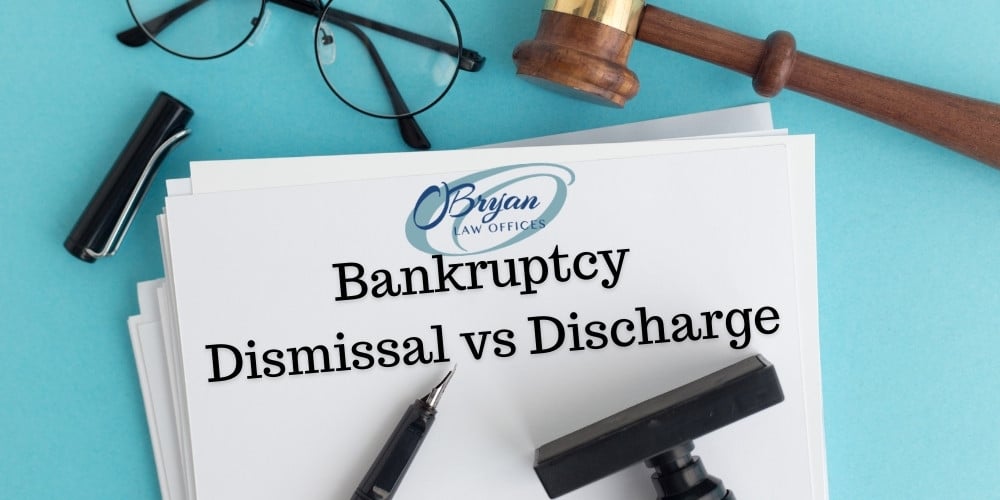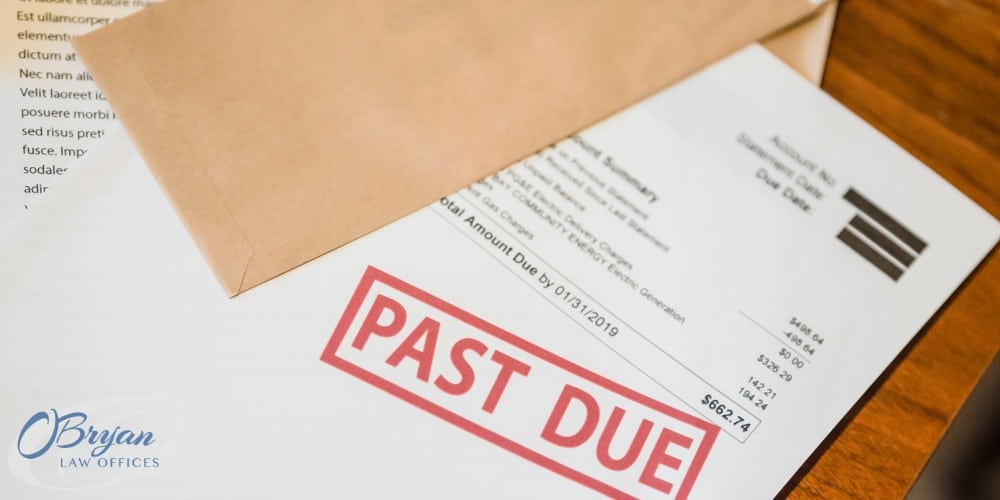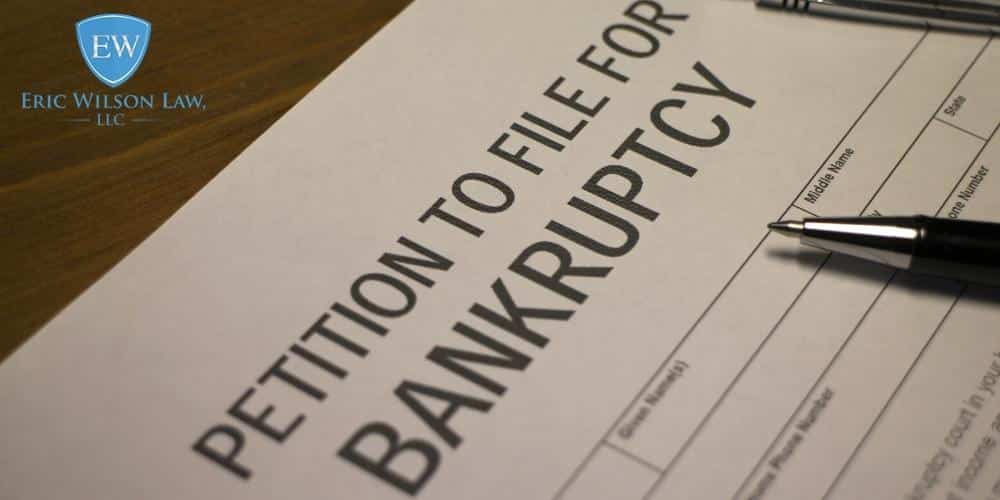Discharge Or Dismissal
Discharge Or Dismissal - Discharge and dismissal in bankruptcy are polar opposites. Discharge is normally used in criminal cases, while dismissal applies more to civil law proceedings. In short, a discharge means that a bankruptcy filer has successfully completed the bankruptcy process, and their remaining debt is forgiven. A bankruptcy discharge is the court’s forgiveness of the debtor from debts. A bankruptcy dismissal is the court’s dismissal of a bankruptcy case. A discharge frees you from certain debts, giving you a fresh. A discharge generally means that.
Discharge is normally used in criminal cases, while dismissal applies more to civil law proceedings. A discharge generally means that. A discharge frees you from certain debts, giving you a fresh. A bankruptcy dismissal is the court’s dismissal of a bankruptcy case. In short, a discharge means that a bankruptcy filer has successfully completed the bankruptcy process, and their remaining debt is forgiven. A bankruptcy discharge is the court’s forgiveness of the debtor from debts. Discharge and dismissal in bankruptcy are polar opposites.
In short, a discharge means that a bankruptcy filer has successfully completed the bankruptcy process, and their remaining debt is forgiven. A bankruptcy discharge is the court’s forgiveness of the debtor from debts. A discharge generally means that. Discharge is normally used in criminal cases, while dismissal applies more to civil law proceedings. A bankruptcy dismissal is the court’s dismissal of a bankruptcy case. A discharge frees you from certain debts, giving you a fresh. Discharge and dismissal in bankruptcy are polar opposites.
Discharge, Dismissal and Termination PDF Employment Wage
Discharge and dismissal in bankruptcy are polar opposites. A bankruptcy discharge is the court’s forgiveness of the debtor from debts. A discharge generally means that. Discharge is normally used in criminal cases, while dismissal applies more to civil law proceedings. In short, a discharge means that a bankruptcy filer has successfully completed the bankruptcy process, and their remaining debt is.
Bankruptcy Dismissal vs. Discharge
Discharge and dismissal in bankruptcy are polar opposites. A bankruptcy dismissal is the court’s dismissal of a bankruptcy case. A discharge generally means that. In short, a discharge means that a bankruptcy filer has successfully completed the bankruptcy process, and their remaining debt is forgiven. A bankruptcy discharge is the court’s forgiveness of the debtor from debts.
Bankruptcy Dismissal vs. Discharge Eric Wilson Law
A bankruptcy discharge is the court’s forgiveness of the debtor from debts. A bankruptcy dismissal is the court’s dismissal of a bankruptcy case. Discharge and dismissal in bankruptcy are polar opposites. Discharge is normally used in criminal cases, while dismissal applies more to civil law proceedings. A discharge frees you from certain debts, giving you a fresh.
Bankruptcy Dismissal vs. Discharge
A bankruptcy dismissal is the court’s dismissal of a bankruptcy case. A bankruptcy discharge is the court’s forgiveness of the debtor from debts. In short, a discharge means that a bankruptcy filer has successfully completed the bankruptcy process, and their remaining debt is forgiven. Discharge is normally used in criminal cases, while dismissal applies more to civil law proceedings. Discharge.
Discharge & Dismissal PDF
A bankruptcy dismissal is the court’s dismissal of a bankruptcy case. Discharge is normally used in criminal cases, while dismissal applies more to civil law proceedings. Discharge and dismissal in bankruptcy are polar opposites. In short, a discharge means that a bankruptcy filer has successfully completed the bankruptcy process, and their remaining debt is forgiven. A bankruptcy discharge is the.
Bankruptcy Dismissal vs. Discharge What's the Difference and How They
Discharge is normally used in criminal cases, while dismissal applies more to civil law proceedings. Discharge and dismissal in bankruptcy are polar opposites. A bankruptcy dismissal is the court’s dismissal of a bankruptcy case. A discharge generally means that. A bankruptcy discharge is the court’s forgiveness of the debtor from debts.
Bankruptcy Dismissal vs Discharge O'Bryan Law Offices KY
A bankruptcy dismissal is the court’s dismissal of a bankruptcy case. Discharge and dismissal in bankruptcy are polar opposites. Discharge is normally used in criminal cases, while dismissal applies more to civil law proceedings. A bankruptcy discharge is the court’s forgiveness of the debtor from debts. In short, a discharge means that a bankruptcy filer has successfully completed the bankruptcy.
Bankruptcy Dismissal vs Discharge O'Bryan Law Offices KY
A bankruptcy dismissal is the court’s dismissal of a bankruptcy case. A discharge frees you from certain debts, giving you a fresh. Discharge and dismissal in bankruptcy are polar opposites. In short, a discharge means that a bankruptcy filer has successfully completed the bankruptcy process, and their remaining debt is forgiven. A discharge generally means that.
Bankruptcy Dismissal vs. Discharge Eric Wilson Law
Discharge and dismissal in bankruptcy are polar opposites. Discharge is normally used in criminal cases, while dismissal applies more to civil law proceedings. In short, a discharge means that a bankruptcy filer has successfully completed the bankruptcy process, and their remaining debt is forgiven. A bankruptcy dismissal is the court’s dismissal of a bankruptcy case. A bankruptcy discharge is the.
Discharge vs. Dismissal What's the Difference?
A discharge generally means that. A discharge frees you from certain debts, giving you a fresh. Discharge and dismissal in bankruptcy are polar opposites. A bankruptcy dismissal is the court’s dismissal of a bankruptcy case. A bankruptcy discharge is the court’s forgiveness of the debtor from debts.
A Bankruptcy Dismissal Is The Court’s Dismissal Of A Bankruptcy Case.
Discharge and dismissal in bankruptcy are polar opposites. Discharge is normally used in criminal cases, while dismissal applies more to civil law proceedings. In short, a discharge means that a bankruptcy filer has successfully completed the bankruptcy process, and their remaining debt is forgiven. A discharge frees you from certain debts, giving you a fresh.
A Discharge Generally Means That.
A bankruptcy discharge is the court’s forgiveness of the debtor from debts.


